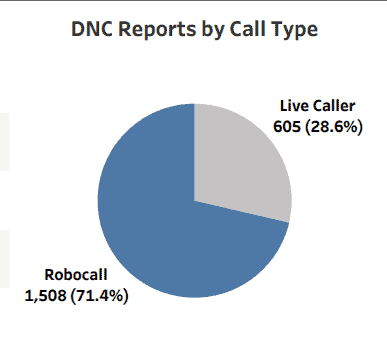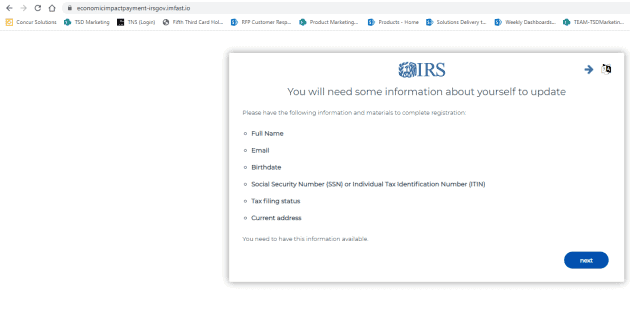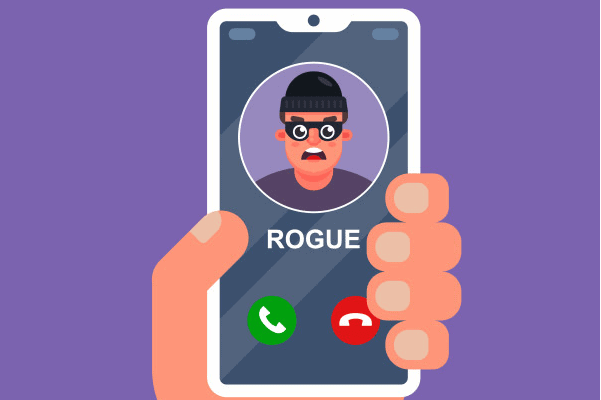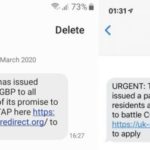The Federal Trade Commission issued a report covering COVID-19 related reports for the first 5 months of 2020. According to the numbers, a staggering total of 52,458 Americans registered a COVID-19-related complaint. The total fraud loss raises up to $38.59 million, with a $470 median fraud loss.
Sadly, the current unstable political landscape in the United States will generate even more job shortages that will certainly lead to an even greater increase in cyber scams. Read more to find out how this new wave of BLM scams will manifest and how to protect yourself from them.
Why Cyber Scams Are Growing in Popularity Despite Increasing Vigilance
Cyber scams are not operated by random brainless individuals as most believe. And some of the scams are so well-planned and carefully worded and executed, that they leave little to no trace of doubt.
Scammers are also highly intelligent individuals that know how to use the emotional factor to their advantage. They take into account current socio-economic events and design their scams around day-to-day situations. They don’t invent extraordinary unbelievable events. They just mold the ordinary to their advantage.
Top Fraud Products or Services in 2020
Take for example the most popular products or services for scams this year. Ranked by popularity, we have:
- Travel/Vacations – 8,196 complaints with a total reported loss of $14,239K
- Online Shopping – 5,654 complaints with a total reported loss of $3,450K
- Mobile: Text Messages – 1,737 complaints with a total reported loss of $177K
- Health Care: Diet Products/Centers/Plans – 1,317 complaints with a total reported loss of 128K
- Internet Information Services – 1,030 complaints with a total reported loss of $714K
- Bank and credit-related reports – 6334 total complaints divided by:
- Credit cards – 1873 complaints
- Lending: Mortgage – 1,426 complaints
- Banks, Savings & Loans, and Credit Unions – 1,230 complaints
- Credit Bureaus – 1,092 complaints
- Lending: Student Loans – 713
Analyzing the Numbers
So, what do all of these have in common? Well, the current COVID-19 epidemic, of course. We can see that the most successful scams, by far, were the ones related to travel/vacations. In a climate where all traveling was put to a halt in a short amount of time, it’s fair to assume that thousands of plans were thwarted.
Now taking into consideration call centers struggling to process thousands of incoming calls and a staggering rate of dropped calls (72%!!) due to long waiting times, you can understand why people who were contacted by a third party claiming to solve all their issues in exchange for a modest fee were eager to accept such a prompt, generous offer.
How Targets Are Chosen
Anybody can become a victim. Common misconception would have you believe that scammers only target the elderly because they’re not as in tune with technology. But the truth is, they target everybody.
They can steal your junk mail to learn more about your interests, and poke around social media to gain access to private information that only a relative or close friend could know (this is a very common tactic of gaining trust).
And last, but not least, they first try their luck with random text messages, emails, or calls. In fact, a recent study conducted by Robo Shield shows that an overwhelmingly 54% of weekly calls received are unwanted. We covered that in another article about the billions of scam calls that were sparked by social isolation. Of that 54%, some are trying to sell you something, others are trying to scam you. Either way, a very small percentage of unwanted calls are powered by good intentions.
The bad news is that important phone calls are now being dismissed due to the rise of spam calls. People no longer trust callers, and for good reason. This is why it’s important that trustworthy businesses adopt an efficient caller ID technology that would let customers know they’re the real deal and they mean business.
Common Tactics
Coming back to popular scams and how to stay protected, according to the FDC and local police authorities, the likeliest of scams are:
- Text or voice scams encouraging donations to fake charities.
- Example: This is a common tactic that is usually adapted to the most pressing issues. From the Australia forest fires relief efforts to the fight against COVID-19 to the Black Lives Matter movement, whenever people are raising money for a noble cause, there will always be someone trying to profit from the publicity.
- How to stay protected: We definitely endorse charitable actions. However, be careful to who you’re donating to. It’s always best to donate directly to an organization rather than to an individual (especially twitch stars, influencers, etc). Always check that the organization exists before making a donation!
- Voice scams claiming a relative is in jail and requesting bail money.
- Example: With the rise of BLM protests, this is a tactic that will surely catch on in no time. And since the situation itself makes it seem impossible to contact the person in question, chances are a lot of people will fall prey to this scam.
- How to stay protected: Always double-check with your loved ones, and make sure you stay updated on their whereabouts at all times.
- Voice scams claiming a relative is in the hospital and requesting money for medical bills.
- Example: Scenario 1: A relative was diagnosed with COVID-19 and they’re in the hospital, treatment is expensive, and their survival depends on it. Scenario 2: A friend or close one participated in the protest and sustained serious injuries. Their lives also depend on expensive medical treatment that will not be administered without payment.
- How to stay protected: As with the jail situation, always make sure you are aware of your loved ones’ whereabouts and general state of health. Double-check with others members of the family before making any monetary decisions.
The most popular scam, however, remains the fine or the tax strategy.

You receive a phone, email, or SMS claiming that you have been issued a fine for:
- Parking
- Not respecting COVID-19 regulations
- Participating in illegal protests
- Not paying your taxes
After this you are guided through a simple process where you either provide sensitive information in order to pay the amount you “owe” or you make a payment through an online system, send a cashable check, or purchase prepaid phone cards. Whatever the means, they are devised to make you feel safe about the payment.
To Sum Up
Cyber scammers will always try to benefit from an emotional situation. And the current Black Lives Matter protests that are gaining more popularity are the perfect fuel for individuals who want to profit from the good intentions of others.
Stay safe by always keeping in contact with your loved ones and always double-checking any payment requests. Sadly, we have come to a time when the best advice is not to take anyone’s word when it comes to your finances.

Andrei is an experienced marketing professional specializing in propelling growth for both B2B and B2C companies. Proficient in streamlining marketing operations and enhancing lead and customer experiences through SEO and marketing techniques.









